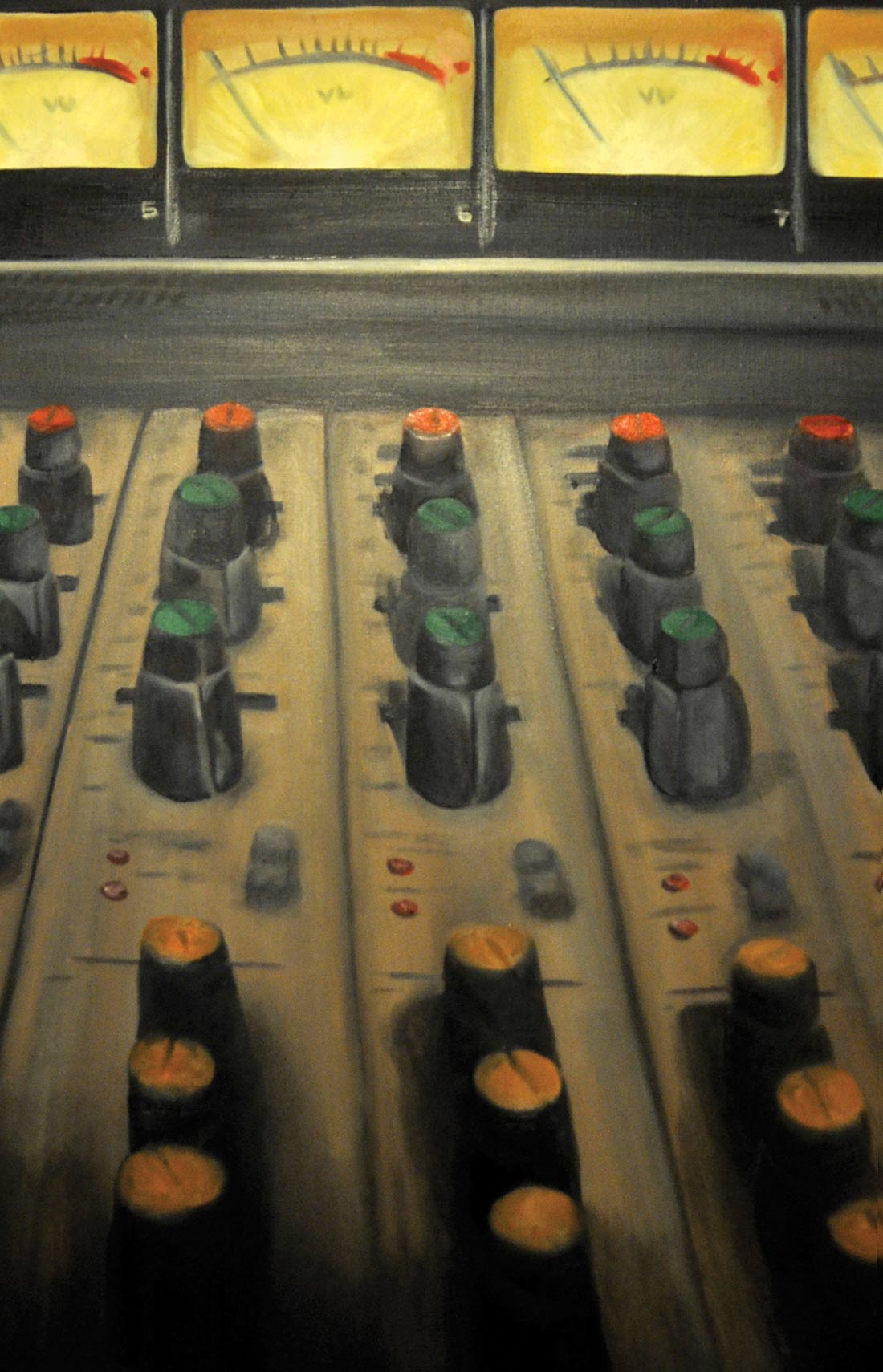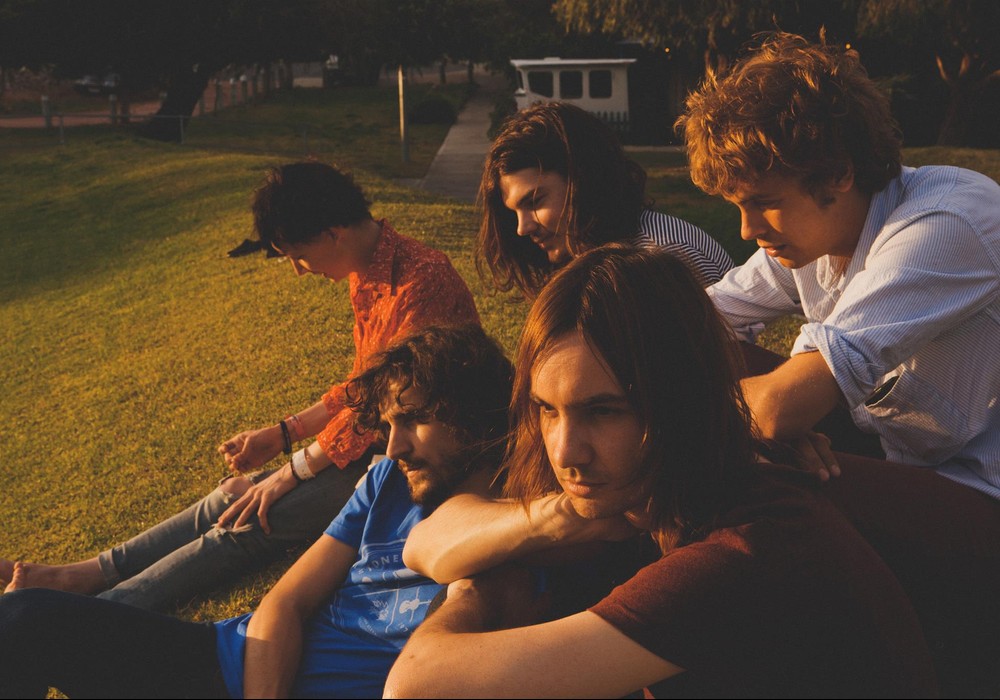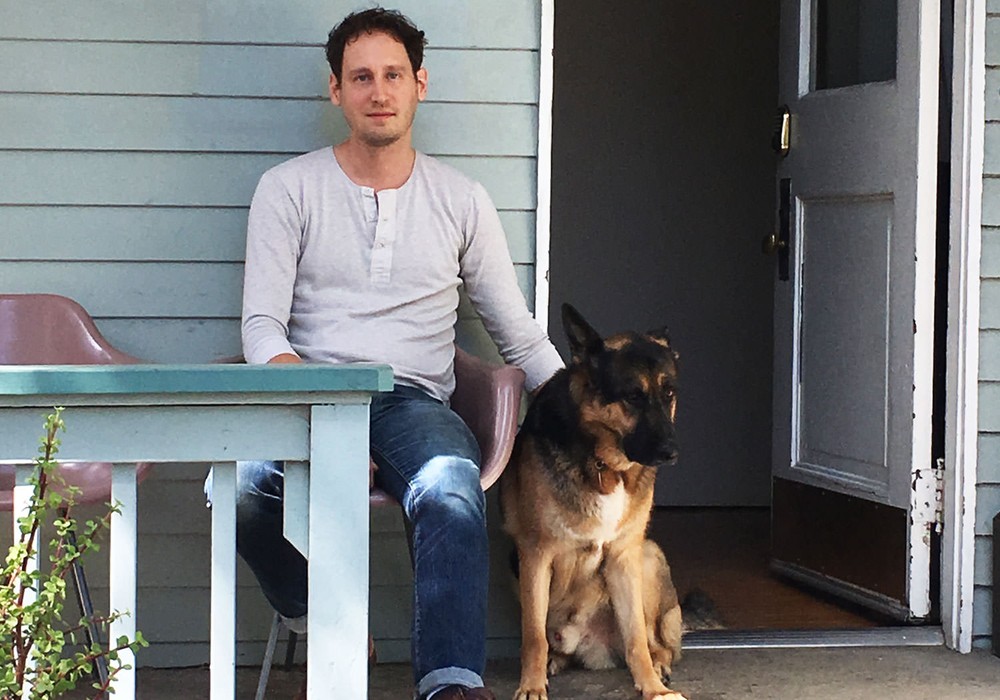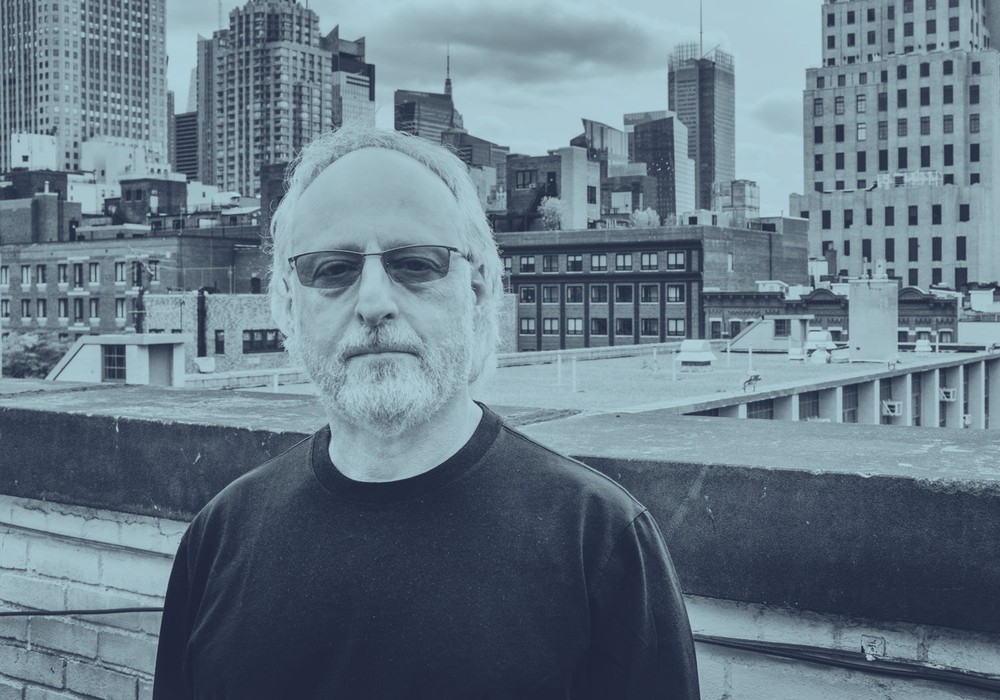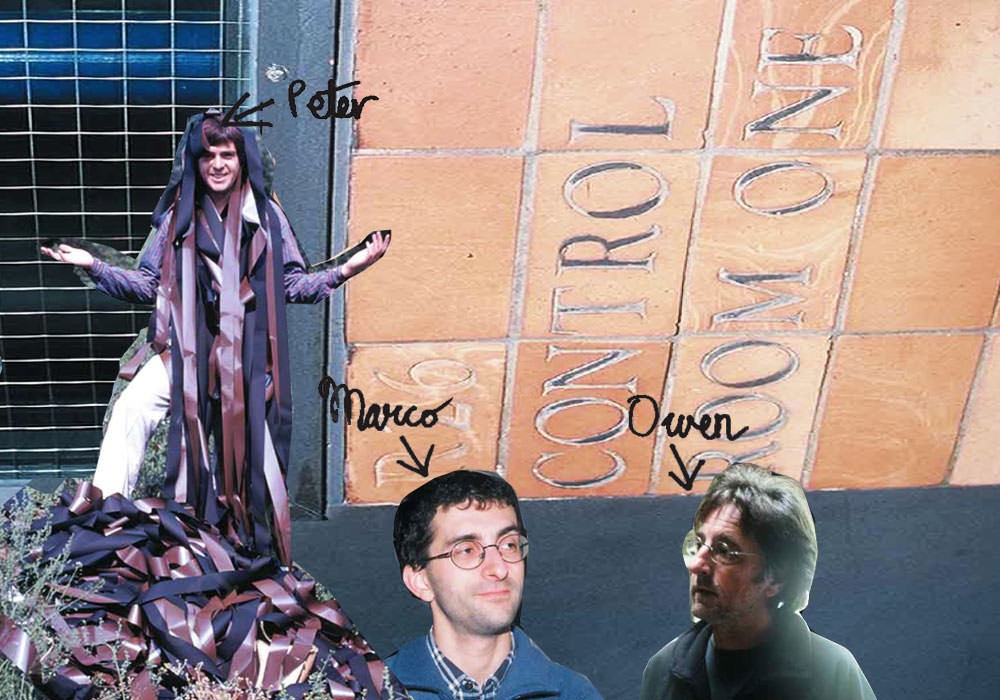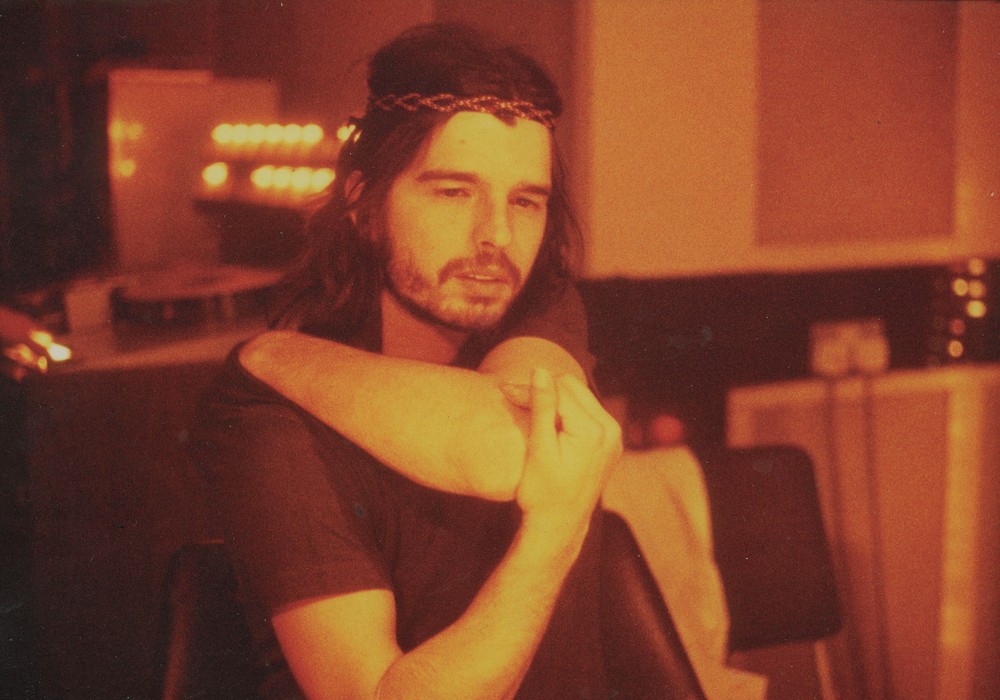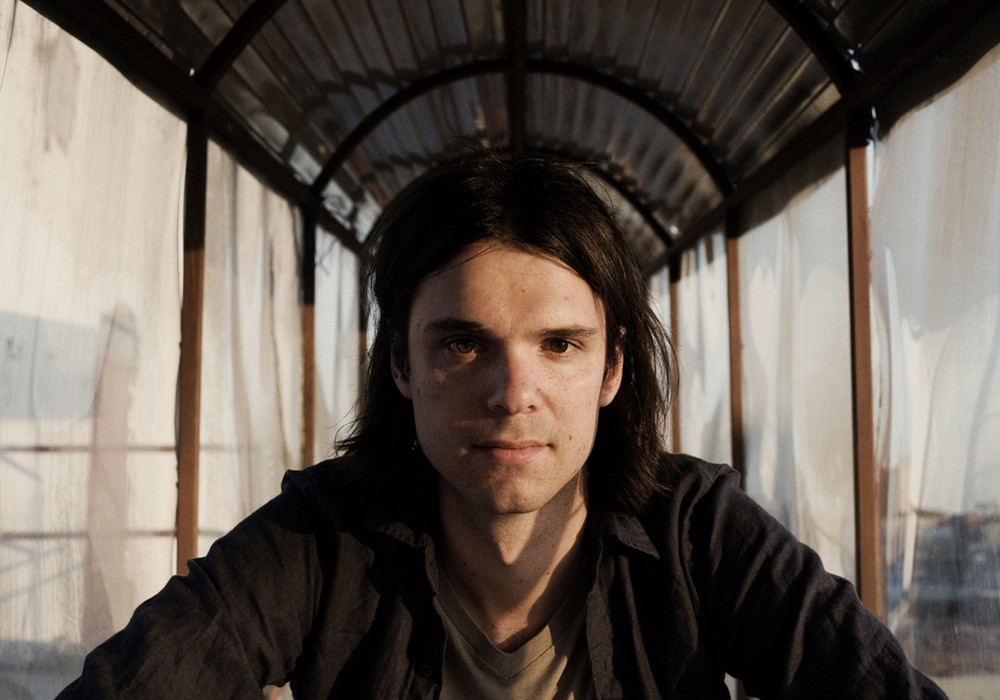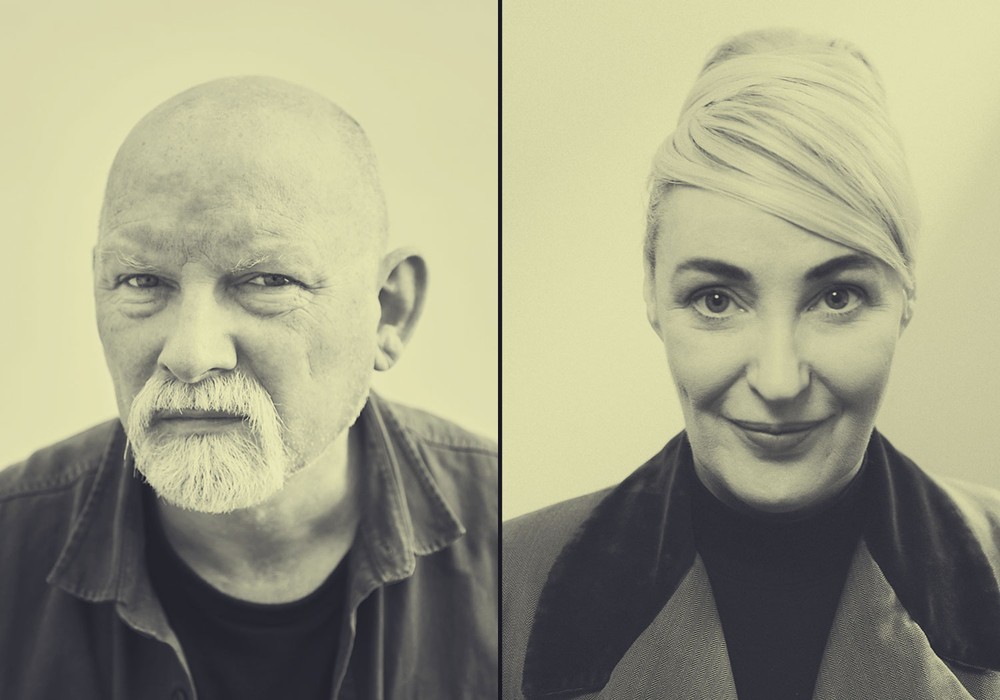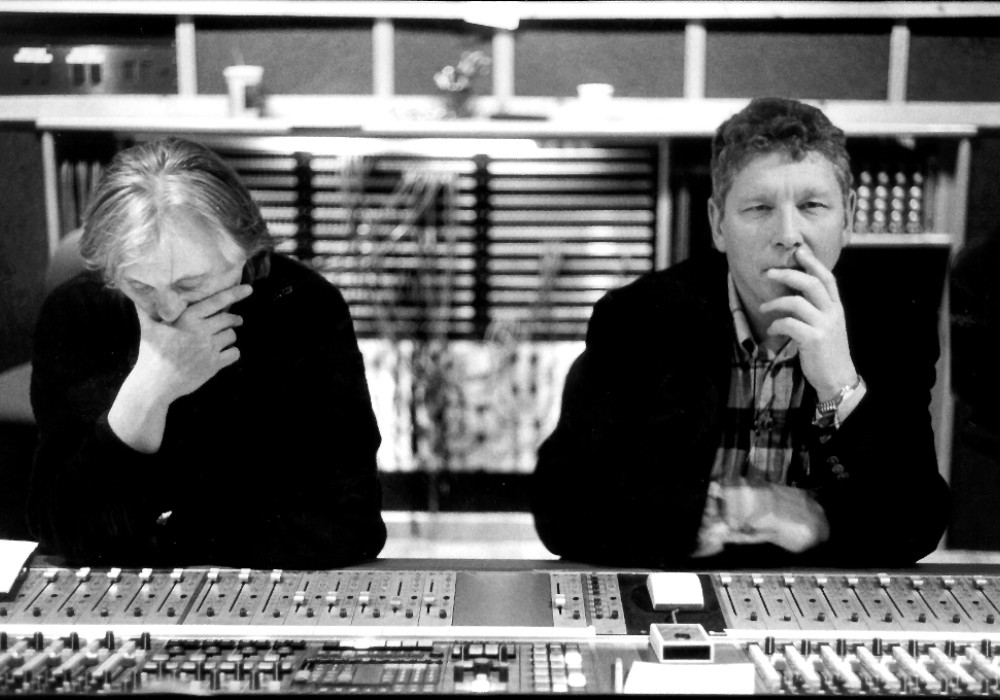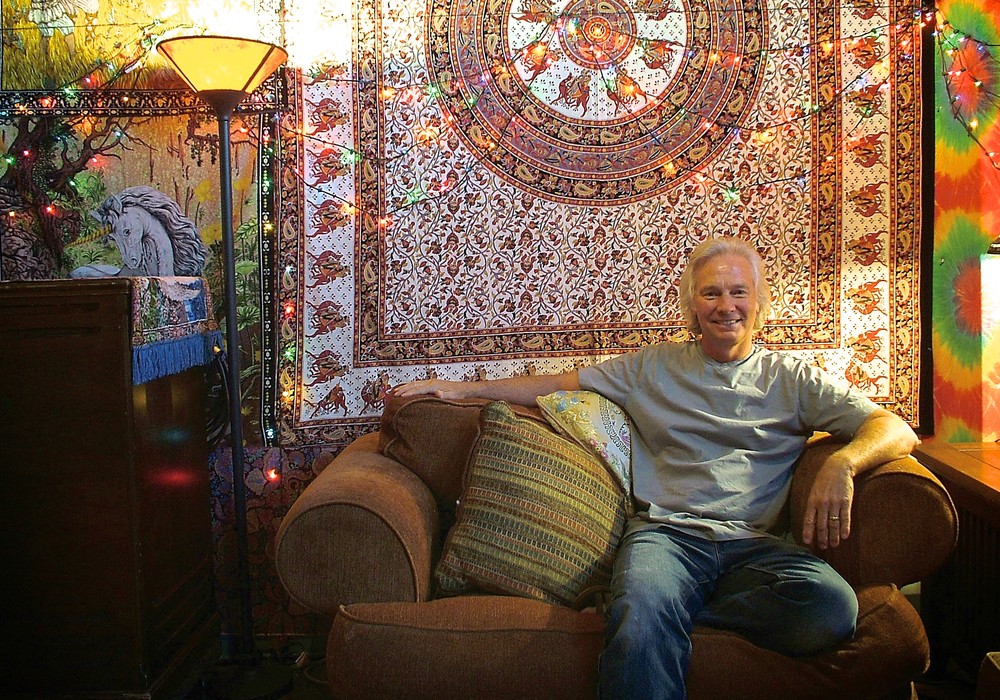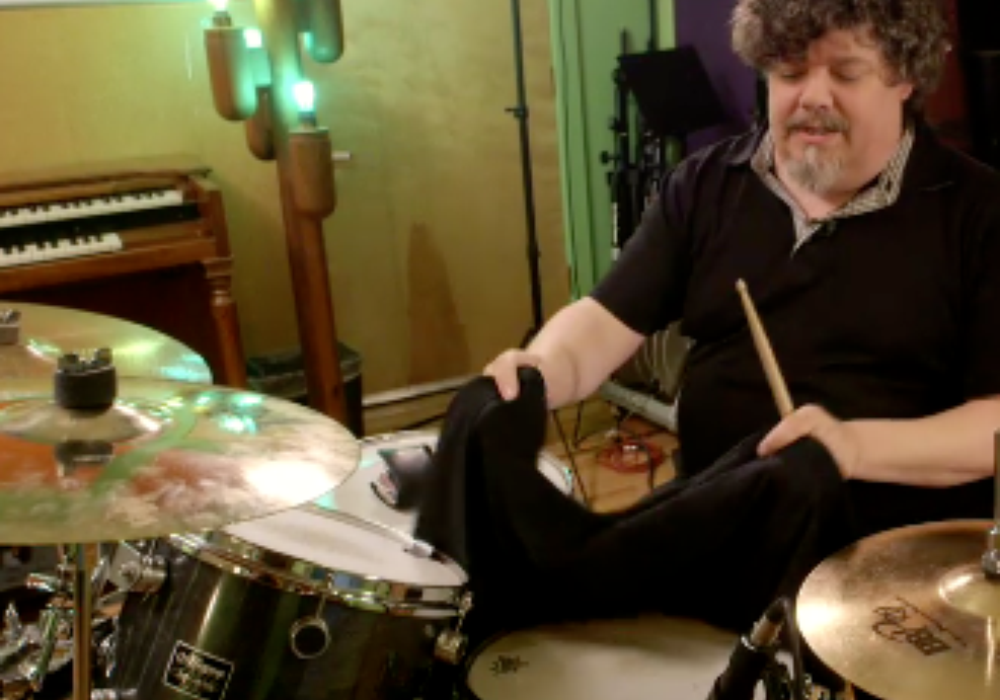Australia's Tame Impala, led by Kevin Parker, have taken the classic psychedelic sounds of Cream and "White Album" era Beatles, and combined them with elements that can only exist in the modern age. Their debut, 2010's Innerspeaker, was celebrated by critics and made many end-of-year "Best Of" lists. 2012 saw the release of the enthusiastically received Lonerism, which once again received gushing reviews. I sat down with Kevin in 2010, and again in February 2013, to talk about his five-year transition from precocious young songwriter to regular featured festival performer, and how disregarding common recording wisdom can often have fantastic results.
What was your first recording project?
I became obsessed with the idea of hearing stuff that I was doing being played back. For a long time I thought records were made by bands rocking out in the studio, all at once. I didn't realize that the way I was working was actually a common way for artists, and especially solo artists, to make albums. I knew The Beatles were a "studio band," so when I figured out what that meant, I became interested in making albums of layered tracks. I didn't want to release my own recordings and throw it out into the ocean of EPs — expose it to the world like that. I'd record a song one week and another the next, just song-by-song and not for any package or release.
Also on your own clock. No pressure.
Totally. Also, I've been in studios with bands that weren't mine and found it's just best when you're working with engineers and producers who are friends you can talk to in your own language.
Did you, at least, finally get to "use the studio as an instrument?"
No, it was the opposite. Whenever I went into a proper studio, it followed the formula of "Band goes in, rocks out, guy records it and does his thing." For me, the idea of using the studio as an instrument was much more about what I was doing on my own, just messing around with the EQ until it sounded cool, or different from how things started out, putting a weird effect on the drums to make them sound different from how they sound in the room. I started getting obsessed with [the idea of] me and my own studio, even if it was just the garage of my parent's house.
Were you starting out with composed songs in mind, or did they grow organically?
Sometimes I'd have a very defined idea of what the song was going to sound like, because I had been sitting around at school thinking about it for the last 12 hours and I'd run home to record it. Other times I'd record the dog barking, run it backwards and start from there. When I first got Cakewalk I recorded a whole lot of genre-less sounds, like 13-minute long things where I'd just cut and paste sounds together. It wasn't really even music!
Your musique concrète period came early.
Yeah, exactly! That was it.
When you compose a song, since you write all of the parts, do you think about how to do them live later?
I try not to, because it's a restriction and there are limits. When you're in the studio you have all the time in the world — and all the layers in the world. You could record 700 voices for one second if you wanted to. It's stifling to consider how it's going to be replicated live while we're recording it. I just prefer to free myself completely of that, and figure out the live sounds later.
And getting a pedalboard the size of a football pitch.
Yeah, that's kind of the way things are starting to end up!
Did I notice that you were routing your guitar through the Boss BR-864 live?
Yes, that's the same one. That's the DI tone I use for a few different songs, purely because I used that on some crappy demo that I did once. I have not been able to get the same tone with an amp. I use a Boss [LS-2] Line Selector to route my guitar though half of my pedals and then into my amp, or through the other half of my pedals into the [BR-864], a Manley tube DI, and then out to the front-of-house. The DI is stereo, since the panning effects happen in the [BR-864]. I also use it in one song where I'm just using the built-in compressor, a fuzz pedal and overdrive going into the DI. It's just an extreme DI-fuzz sound, which is really unique.
That's the solo in "Why Don't You Make Up Your Mind?"
That's right, yeah. It's going through a stereo phaser on the album, but...
